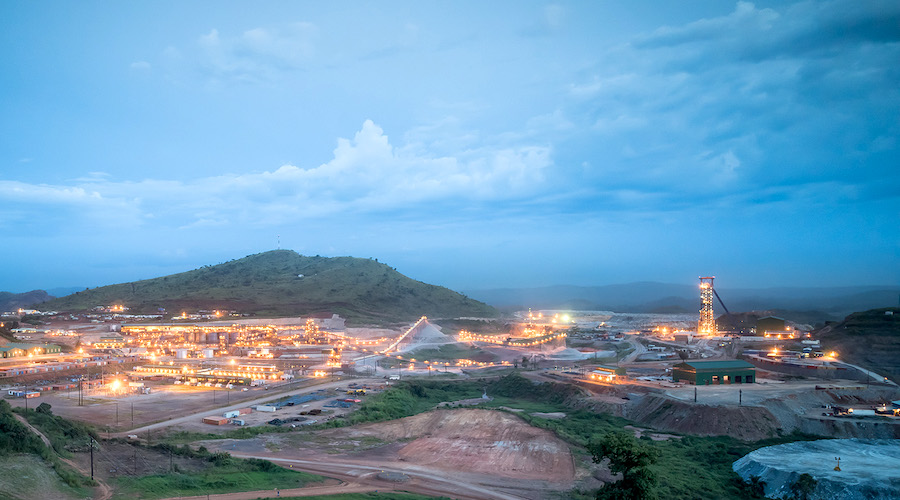
Bristow also said the mine now has reactive controls of the enlarged battery installation, which will further reduce the need for back-up diesel generation, shrinking Kibali’s carbon footprint.
Thanks to new automation software for the underground haulage, operators have been controlling loaders from surface.
“Surface control is safer and more efficient, and it also creates employment opportunities for women in an industry where these are not abundant,” Bristow said.
Kibali, whose workforce is 94% made up of Congolese citizens, has so far contributed $3.7 billion to the country’s economy in the form of payments to contractors and suppliers, infrastructure community and support, salaries and royalties, taxes and permit.
The mine is expected to produce between 350,000 and 380,000 ounces of gold this year. It yielded 364,000 ounces in 2020.




